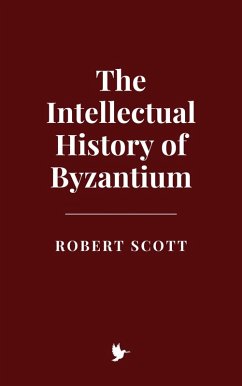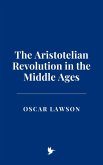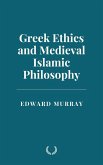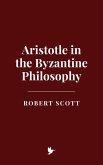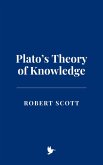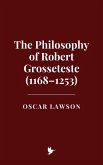The Byzantine Empire was defined by its complex relationship between the sacred and the secular, with the Emperor often seen as God's representative on Earth, guiding both the temporal and spiritual affairs of the empire. This duality between the political and religious spheres permeated Byzantine intellectual life, deeply influencing the empire's philosophy, theology, and science. The intellectual elite, consisting of scholars, theologians, and philosophers, often found themselves working within the constraints of religious orthodoxy. At the same time, they were tasked with preserving and transmitting the classical knowledge of the ancient world. Thus, Byzantine intellectual life is characterized by a tension between the classical heritage of the Greco-Roman world and the demands of Christian orthodoxy.
Dieser Download kann aus rechtlichen Gründen nur mit Rechnungsadresse in A, B, CY, CZ, D, DK, EW, E, FIN, F, GR, H, IRL, I, LT, L, LR, M, NL, PL, P, R, S, SLO, SK ausgeliefert werden.

